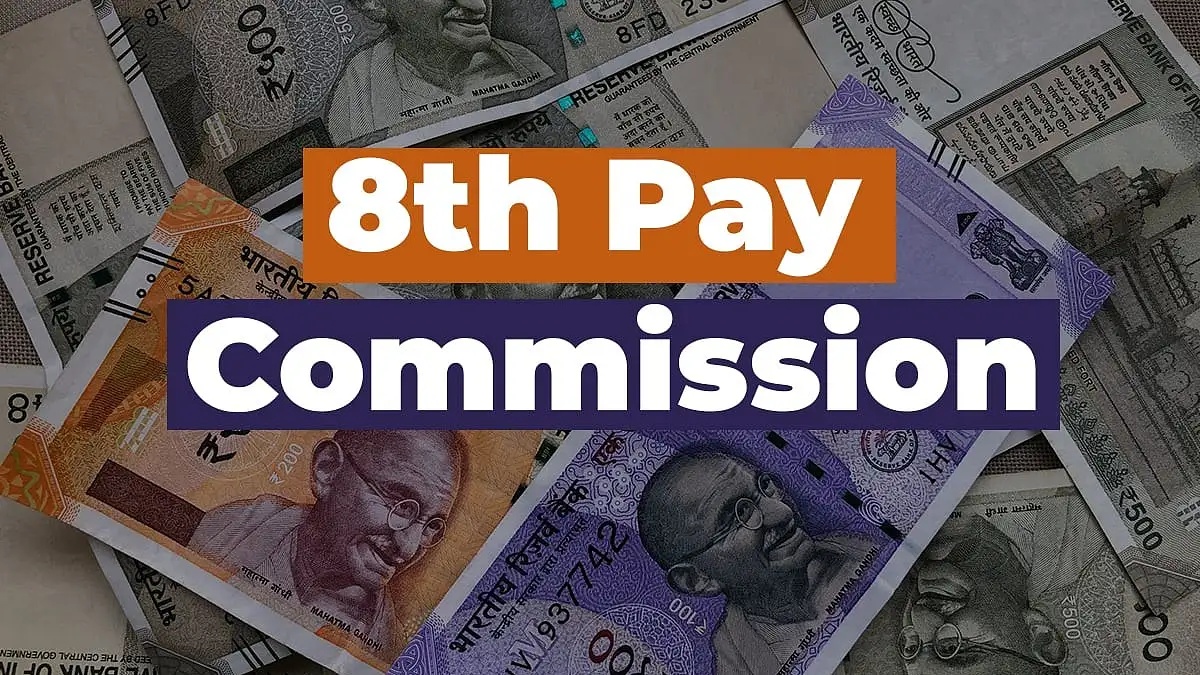
Fitment Factor Debate Intensifies as ToR Approval Looms
The impending approval of the Terms of Reference (ToR) for the 8th Pay Commission has reignited discussions among central government employees and their unions about the contentious fitment factor and minimum wage adjustments. The National Council-Joint Consultative Machinery (NC-JCM), representing both bureaucrats and staff, has emphasized that the resolution of these issues hinges on the government’s finalization of the ToR. The fitment factor, a critical multiplier for salary revisions, has been a focal point of debates since the 7th Pay Commission era, which saw a 2.57 factor elevate the minimum salary from Rs 7,000 to Rs 18,000. Unions now anticipate a range between 1.92 and 2.57, with conflicting expectations between employee demands and fiscal constraints. The NC-JCM’s ongoing negotiations underscore the delicate balance between staff aspirations and the government’s budgetary limitations, setting the stage for a pivotal decision that could reshape salary structures for millions of employees.
Family Unit Reforms Spark Controversy Over Minimum Wage Calculation
A significant aspect of the ToR debate centers on the methodology for determining minimum wages, with the NC-JCM advocating for an expanded family unit framework. Currently, the 7th Pay Commission’s model accounts for three units—husband, wife, and children—ignoring the financial responsibilities of aging parents. The NC-JCM argues that the 2022 Maintenance and Welfare of Parents And Senior Citizen Act mandates recognizing these obligations, necessitating a shift to five units for accurate wage calculation. This reform, if adopted, would directly impact the minimum salary benchmark, potentially pushing it beyond the previously proposed Rs 36,000 threshold. The proposal also includes merging pay scales to address stagnation and integrating 50% of dearness allowance into basic pay, reflecting broader demands for systemic salary revisions that align with contemporary economic realities.
Pay Scale Mergers and Pension Reforms Highlight Structural Challenges
The NC-JCM’s ToR recommendations extend beyond wage calculations to address long-standing structural issues in the pay framework. Proposals include merging pay scale levels (e.g., Level 1 with Level 2, Level 3 with Level 4) to eliminate stagnation and improve career progression. This move could enhance the Modified Assured Career Progression Scheme, offering clearer pathways for employees. Additionally, the forum has called for restoring the commuted pension portion after 12 years and implementing the Parliamentary Standing Committee’s pension enhancement recommendations. These measures aim to rectify historical grievances while ensuring financial sustainability. The 8th Pay Commission’s eventual recommendations will not only affect current employees but also set precedents for future salary structures, underscoring the gravity of the negotiations.
Historical Context and Financial Implications of Pay Reforms
Since India’s independence, seven pay commissions have been established, with the latest (2016) impacting the exchequer by Rs 1.02 lakh crore in fiscal 2017. The 8th Pay Commission’s potential reforms could trigger similar fiscal adjustments, highlighting the delicate interplay between employee welfare and public finances. The NC-JCM’s push for higher fitment factors and expanded family units reflects a growing demand for equitable compensation, but these proposals face resistance due to their financial implications. The government’s stance, as indicated by former Finance Secretary Subhash Garg’s comments, suggests a cautious approach, favoring a 1.92 factor over the union’s 2.57-2.86 range. This divergence underscores the complex negotiations ahead, where balancing staff aspirations with fiscal responsibility will be paramount.
Employee Aspirations and the Path Forward for the 8th Pay Commission
With 50 lakh central government employees and 65 lakh pensioners awaiting the 8th Pay Commission’s formation, the stakes for the ToR approval are exceptionally high. The NC-JCM’s recommendations, if accepted, could redefine salary structures, pension benefits, and career progression mechanisms. However, the success of these reforms will depend on the government’s ability to navigate political and economic constraints. The outcome of these negotiations will not only determine immediate salary adjustments but also shape long-term labor policies, setting a precedent for future pay commissions. As discussions intensify, the resolution of these contentious issues will be a defining moment for the Indian bureaucracy and its workforce.




